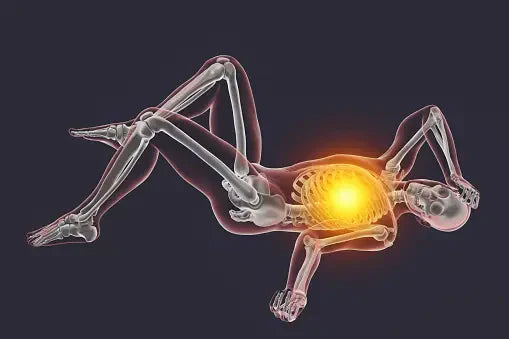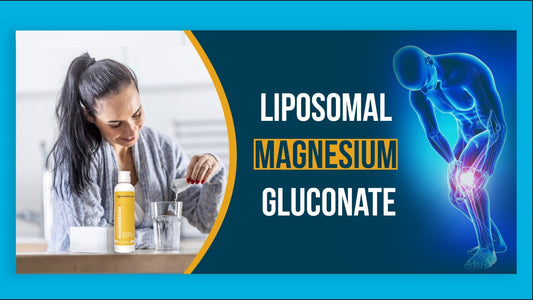Food Impairs Bioavailibility of Green Tea Extract
Table of Contents
| Food Impairs Bioavailibility of Green Tea Extract |
Green tea (Camellia sinensis) is a powerhouse anti-oxidant that has been consumed for thousands of years. The health benefits of green tea are numerous and has been linked with a wide range of different health benefits such as an increase in antioxidant potential, a reduction in the mortality rate from cardiovascular disease, a reduced development of coronary artery disease and a lowering of plasma cholesterol. If your looking to get the most from your green tea extract, its best to consume it on a empty stomach according to new research published in the Journal of Antioxidants. Absorption rates of green tea extract were reduced nearly 60% when taken with food.
The bioavailability of the most abundant and most active green tea antioxidant, epigallocatechin gallate (EGCG) remains uncertain. Therefore, the systemic absorption of EGCG was tested in healthy fasted humans. It was administered as capsules with water or with a light breakfast, or when incorporated within a strawberry sorbet.
- two capsules (2 × 250 mg) with 100 mL of water only (without any breakfast),
- two capsules (2 × 250 mg) provided with 50 g of Special K breakfast cereal (Kellogg’s, Pagewood, NSW, Australia), or
- in form of 200 mL of full cream milk or EGCG (500 mg) that had been incorporated in 200 g of strawberry sorbet
| The results for plasma EGCG clearly revealed that taking EGCG capsules without food was better; the Area Under the Curve or mean average was 2.7 and 3.9 times higher than when EGCG capsules were taken with a light breakfast or with EGCG imbedded in the strawberry sorbet, respectively. Therefore, ingesting food at the same time as EGCG, whether it was imbedded or not in food, substantially inhibited the absorption of the catechin. As with some types of medications that are affected by food, it appears that EGCG should be taken without food in order to maximize its systemic absorption. Therefore, based on these findings, ingesting EGCG with water on an empty stomach is the most appropriate method for the oral delivery of EGCG in clinical trials where EGCG is to be investigated as a potential bioactive nutraceutical in humans. In conclusion, the systemic absorption was significantly higher for EGCG taken in capsules without food after an overnight fast than it was when it was taken in capsules with a light breakfast or imbedded in a strawberry sorbet. Therefore, based on these findings, ingesting EGCG with water on an empty stomach is the most appropriate method for the oral delivery of EGCG in future clinical trials where EGCG is to be investigated as a potential bioactive nutraceutical in humans. |
Naumovski, Nenad, Barbara L. Blades, and Paul D. Roach. “Food Inhibits the Oral Bioavailability of the Major Green Tea Antioxidant Epigallocatechin Gallate in Humans.” Antioxidants 4.2 (2015): 373-393.
Gundimeda, U.; McNeill, T.H.; Barseghian, B.A.; Tzeng, W.; Rayudu, D.; Cadenas, E.; Gopalakrishna, R. Polyphenols from green tea prevent antineuritogenic action of Nogo-A via 67-kDa laminin receptor and hydrogen peroxide. J. Neurochem. 2015, 132, 70–84.
Narotzki, B.; Reznick, A.Z.; Mitki, T.; Aizenbud, D.; Levy, Y. Green tea drinking improves erythrocytes and saliva oxidative status in the elderly. Adv. Exp. Med. Biol. 2015, 832, 25–33.
Zhao, C.; Li, C.; Liu, S.; Yang, L. The galloyl catechins contributing to main antioxidant capacity of tea made from Camellia sinensis in China. Sci. World J. 2014, 2014, 1–11.
Erba, D.; Riso, P.; Bordoni, A.; Foti, P.; Biagi, P.L.; Testolin, G. Effectiveness of moderate green tea consumption on antioxidative status and plasma lipid profile in humans. J. Nutr. Biochem. 2005, 16, 144–149.
MUSCLE MEDIA MAGAZINE FOR WOMEN
The premier source of training, nutrition, supplements, fat loss and health for women.

















